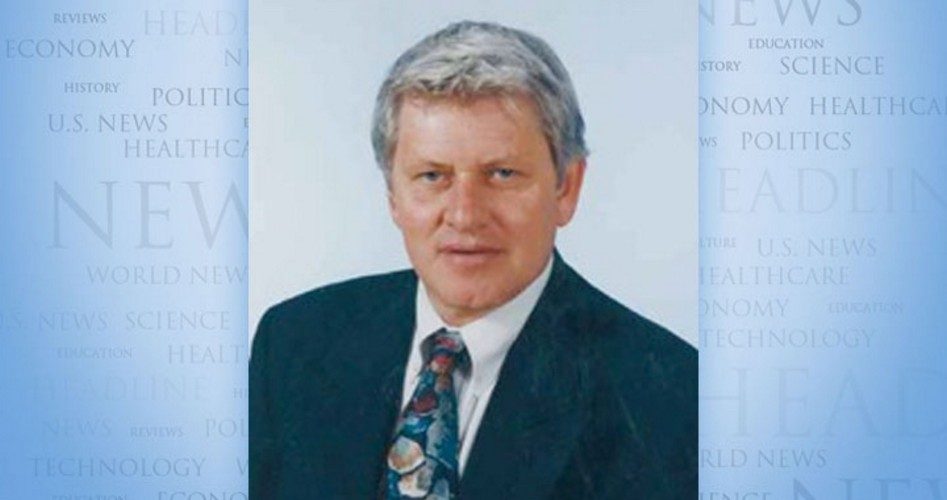
SEA ISLE, N.J. — During this polarized time, it wasn’t a surprise that there was a dust-up on Ocean City’s boardwalk about politics.
What kicked off the battle seemed innocuous enough — just some local Sierra Club members, most or all of whom probably are not dyed-in-the-wool commies or militant one-worlders, inviting some kids to fly kites at the 10th Street beach.
It was Global Wind Day, a consciousness-raising event, not unlike when Michael Jackson got Bruce Springsteen, Stevie Wonder and other superstars together to sing “We Are the World.”
The organizer of Global Wind Day is the European Wind Energy Association (EWEA), self-described as “the world’s largest and most powerful wind energy network,” consisting of “over 700 members from almost 60 countries including manufacturers with a leading share of the world wind power market.”
To maximize its political muscle, the EWEA states that it is “ideally situated in the heart of the EU district of Brussels, ensuring close proximity to European decision makers.” In other words, the EWEA is “ideally situated” to lobby for policies that will maximize the subsidies and profits of its members while simultaneously pushing for higher tax and regulatory hurdles for oil and coal producers and the nuclear industry.
Or as the EWEA puts it, “Lobbying activities undertaken by the EWEA help create a suitable legal framework within which members can successfully develop their businesses.”
The Global Wind Day homepage states that “the International Energy Agency’s World Energy Outlook shows that in 2010 renewables got just $1 for every $6 to $7 given by governments to fossil fuels.” To help switch that imbalance, the EWEA is a member of the Global Wind Energy Council (GWEC), an organization focused on public policies related to energy and climate change.
“The science is clear,” states GWEC. “According to the Intergovernmental Panel on Climate Change, global emissions have to peak and start to decline before 2020 if we are to avoid the worst consequences of climate change.”
As the kites in Ocean City became airborne, protesters on the boardwalk waved American flags and told the pro-wind crowd to go fly a kite while unfurling banners with slogans such as “Global Wind Power, Another Wacko Idea.”
The Press of Atlantic City reported that Americans for Prosperity sent out news releases calling the worldwide kite-flying events “a concentrated effort to indoctrinate small children into a cult-like movement.”
It didn’t take long for the pro-wind forces to spot the oil-rich Koch brothers behind the curtain, organizing bus rides to the boardwalk demonstration. “A lot of organizations and people have been tying the protesting directly to the Koch Brothers since they are heavy financial supporters of Americans For Prosperity,” reported Z6Mag, a publication “interested in topics without boundaries,” like wind, which can blow across the Canadian boundary and provide electricity for Prius hybrids in Buffalo.
Meanwhile, New Jersey has partially approved plans by Fisherman’s Energy of Cape May, a consortium of fishing companies, to build what will be the nation’s first offshore working wind farm, situated just 2.8 miles off the coast of Atlantic City.
Two years ago, New Jersey Governor Chris Christie signed the Offshore Wind Development Act into law, allocating up to $100 million in subsidies for offshore wind development.
Unlike the federal green energy program that provided loan guarantees to companies like now-failed Solyndra, the New Jersey subsidies are to be allocated only after projects meet cost/benefit criteria, a hurdle that has so far postponed final approvals to the state’s several proposed offshore wind power projects.
“The turbines will be visible from the boardwalk,” said city solicitor Bruce Ward regarding the proposed windmill farm off Atlantic City. “We’re looking to welcome our visitors at another attraction, if you will.”
Ralph R. Reiland is an associate professor of economics and the B. Kenneth Simon professor of free enterprise at Robert Morris University in Pittsburgh.


